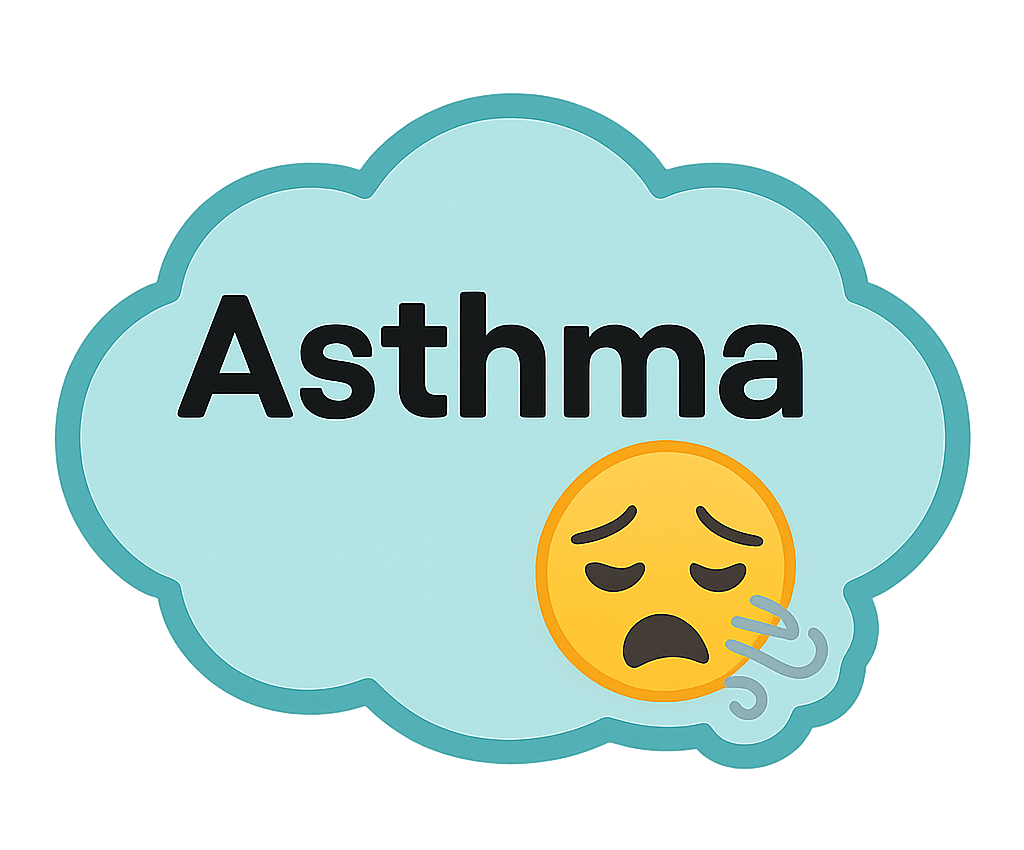Check for Different Age (6 available)
Is this toddler-safe to use Hypochlorous Acid?
ℹ️General Overview
For toddlers (1–2 years old) hypochlorous acid in low concentrations is commonly used as a gentle skin disinfectant, but it’s not risk‑free. The biggest concerns are poor product quality (contamination with other chlorine chemicals), possible mild irritation, and rare breathing or other effects if breathed in or used too often.
✅What to Do
Use only products made for skin and listed for children or sensitive skin. Do a small patch test on a thigh or arm and wait 24 hours before wider use. Don’t spray the product toward your child’s face — avoid the eyes, nose and mouth. Don’t use on open cuts or raw skin. Buy from reputable brands, check dates and packaging seals, and follow the product’s instructions. Stop use and call your pediatrician if your toddler gets redness, a rash, persistent coughing, wheeze or any breathing trouble.
⚠️Warnings
Watch for product contamination and breathing or systemic concerns noted by public health reviews (for example, Environment Canada and summaries in the U.S. National Library of Medicine). Research papers also show that strong or repeated exposure can create reactive oxygen species that may affect cells. Avoid homemade or unknown-strength solutions, avoid spraying near the face, and don’t mix products with other cleaners. If you notice irritation, allergic signs, or breathing changes, discontinue use and seek medical advice.
Are you holding the product?
Scan the full ingredient label and understand if it's safe for your child.
Safety Risk Labels
This ingredient has the following documented risks:





Tap or hover over labels to see detailed risk information.
Alternative Names for Hypochlorous Acid
This ingredient may also be listed as:
Always check ingredient labels carefully, as ingredients may be listed under different names.
Products Containing Hypochlorous Acid
This ingredient is found in the following products:
This list shows products that contain Hypochlorous Acid or its alternative names.
Research Articles on Hypochlorous Acid
Scientific research related to this ingredient:
These research articles provide scientific evidence about Hypochlorous Acid safety and effects.
Common Questions About Hypochlorous Acid
Is this toddler-safe to use Hypochlorous Acid?
Yes, Hypochlorous Acid is generally considered safe for 1-2 year old toddlers based on current research.
What are the organ risk risks of Hypochlorous Acid for toddlers?
May harm organs like liver, kidneys, or lungs with repeated use. Young children may be more sensitive to these effects.
What are the immune system risks of Hypochlorous Acid for toddlers?
Could weaken or confuse immune system. Young children may be more sensitive to these effects.
What are the asthma risks of Hypochlorous Acid for toddlers?
Can make breathing issues like asthma worse in babies and kids. Young children may be more sensitive to these effects.
What are the long-term risk risks of Hypochlorous Acid for toddlers?
Linked to long-term health effects after years of use or exposure. Young children may be more sensitive to these effects.
What are the environmental risks of Hypochlorous Acid for toddlers?
Possible negative effects on the environment Young children may be more sensitive to these effects.
What products contain Hypochlorous Acid?
Hypochlorous Acid is commonly found in skincare products, cosmetics, and topical applications. Always check ingredient labels before use.
When can toddlers using products with Hypochlorous Acid?
The appropriate age depends on the specific ingredient properties and concentration. This analysis is for 1-2 year old toddlers. Use the age selector above to check other ages.
Want to scan another product?
Use our camera scanner to analyze more ingredient labels
Scan Another Product